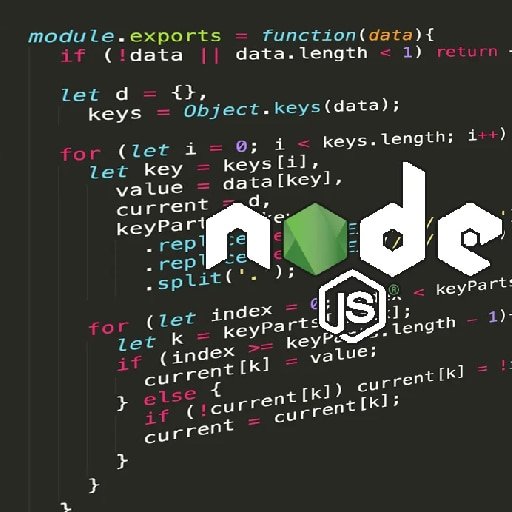Choosing between Node.js and PHP for web development depends on various factors such as project requirements, scalability, performance, and personal preferences. Here are some points to consider when making a decision:
1. Performance: Node.js is known for its high performance and scalability due to its non-blocking, event-driven architecture. It can handle a large number of concurrent connections efficiently. PHP, on the other hand, is traditionally a synchronous language, but with frameworks like Laravel, it has improved its performance. However, Node.js generally performs better in handling real-time applications and heavy I/O operations.
2. Language and Ecosystem: Node.js uses JavaScript, which is a widely adopted language with a large developer community. It allows developers to use the same language for both frontend and backend development, making it easier to share code and resources. PHP has been around for a long time and has a mature ecosystem with a vast number of libraries, frameworks (e.g., Laravel, Symfony), and CMSs (e.g., WordPress, Drupal).
3. Scalability: Node.js is highly scalable due to its event-driven, non-blocking nature. It can handle a large number of concurrent connections with minimal resource usage. PHP, on the other hand, traditionally follows a synchronous model, which can limit scalability. However, with the use of caching mechanisms, load balancers, and proper architecture, PHP applications can also scale effectively.
4. Development Speed: Node.js, with its JavaScript-based ecosystem, offers a faster development cycle. It allows developers to reuse code between frontend and backend, reducing development time. PHP also provides rapid development capabilities, especially with frameworks like Laravel, which offer a rich set of features and tools.
5. Community and Support: Both Node.js and PHP have large and active communities. Node.js has gained popularity in recent years, and its community is growing rapidly. PHP, being around for a long time, has a vast community and extensive documentation. Both communities provide support, libraries, and resources for developers.
6. Use Cases: Node.js is well-suited for real-time applications, chat applications, streaming services, and APIs that require high concurrency and low latency. PHP is widely used for content-based websites, e-commerce platforms, and CMS-driven applications.
Ultimately, the choice between Node.js and PHP depends on the specific requirements of your project, your team’s expertise, and your personal preferences. It’s important to evaluate the pros and cons of each technology and consider factors like performance, scalability, development speed, and community support before making a decision.
